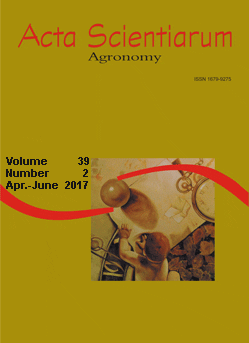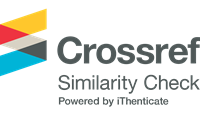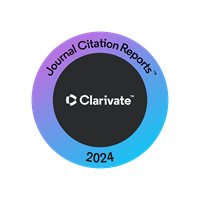<b>Genetic variability and progeny selection of peach palm via mixed models (REML / BLUP)
Resumo
Heart of palm harvesting and exploitation has reduced the natural reserves of açaí and juçara; hence, the peach palm is an excellent option as source of heart of palm that can reduce the pressure on these two species. The peach palm has high tillering and no post-harvest oxidation. An experiment in a randomized block design with 72 progenies of peach palm, 36 replications and a single tree plot was performed for five years at the experimental field of Embrapa in the Western Amazon. Genetic parameters were estimated using two mixed models, one based on progeny means and the second on joint information from crops. A repeatability analysis, genotype selection, and progeny selection were performed; the Mulamba and Mock selection index was determined; and Tocher’s clustering method was applied. The repeatability analysis revealed the existence of genetic variability, low repeatability, which ranged from 0.3307 to 0.6698 for five years. The analysis performed through the progeny means showed a heritability that varied from 51% to 23% for in all variables; the clustering revealed two groups. The progeny selection should be the main selection strategy, and crosses of superior progenies of different groups should be emphasized.
Downloads
DECLARAÇÃO DE ORIGINALIDADE E DIREITOS AUTORAIS
Declaro que o presente artigo é original, não tendo sido submetido à publicação em qualquer outro periódico nacional ou internacional, quer seja em parte ou em sua totalidade.
Os direitos autorais pertencem exclusivamente aos autores. Os direitos de licenciamento utilizados pelo periódico é a licença Creative Commons Attribution 4.0 (CC BY 4.0): são permitidos o compartilhamento (cópia e distribuição do material em qualqer meio ou formato) e adaptação (remix, transformação e criação de material a partir do conteúdo assim licenciado para quaisquer fins, inclusive comerciais.
Recomenda-se a leitura desse link para maiores informações sobre o tema: fornecimento de créditos e referências de forma correta, entre outros detalhes cruciais para uso adequado do material licenciado.





















































